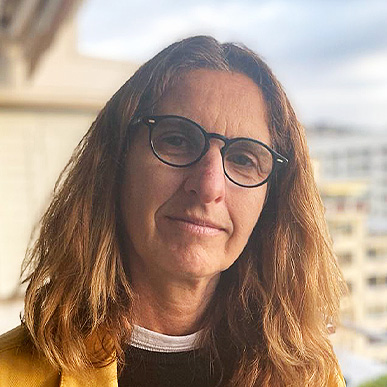Health humanities and the arts: thoughts moving forward. Prof. Susan Levine


Ataya: HUMA Interdisciplinary Seminar Series

Project/Paper: ‘Toxic layering through three disciplinary lenses: childhood poisoning and street pesticide use in Cape Town, South Africa’ by Alison Swartz, Susan Levine, Hanna-Andrea Rother and Fritha Langerman in Medical Humanities, 28 October 2018
Bio: Susan Levine is Professor and Head of Anthropology at the University of Cape Town. She is passionate about teaching anthropology in South Africa’s higher education landscape, and has dedicated herself to innovative course curricula in medical and visual anthropology, indeed at the cusp of medicine and the arts. Susan is the convenor of anthropology's new interdisciplinary MPhil Programme, Health Humanities and the Arts, which includes the participation of artists, performers, health and humanities practitioners, as an entry point for exploring the value of thinking within and outside of disciplinary spaces. Susan's research is positioned at the crossroads of medical, political, and visual anthropology, one that underpins her pedagogical approach to interdisciplinary problem-solving and knowledge production, at the heart of an evolving and pluralistic set of health humanities frameworks in Africa. Her current research on COVID-19 draws on decades of substantive HIV/AIDS research in Southern Africa, with a particular focus on vaccine hesitancy, and the politics of vaccine trials and vaccine nationalism. She is a passionate teacher at undergraduate and post-graduate levels and supervises a wide variety of post-graduate research projects. Susan has also publsihed widely in the fields of child labour studies and ethnographic and documentary film.
Topic: This seminar considers an important return to a more integrative model of teaching and learning in higher education. The shift signals a growing desire for a more holistic view of the world, one that rests on the idea that all human knowledge and inquiry are fundamentally connected. Reflecting on her own attempt at crafting an integrative curriculum that bridges the arts, humanities, and health sciences, the seminar advances the creative potential for overcoming the fragmentation of learning along disciplinary lines, or what have come to be called disciplinary silos. The production of new modes of inquiry, supervision, and pedagogy within a single program or focus of study may enable students to make connections between disciplines and this, it is hoped, can enrich learning and lead to the building of critical intellectual networks and synergies.